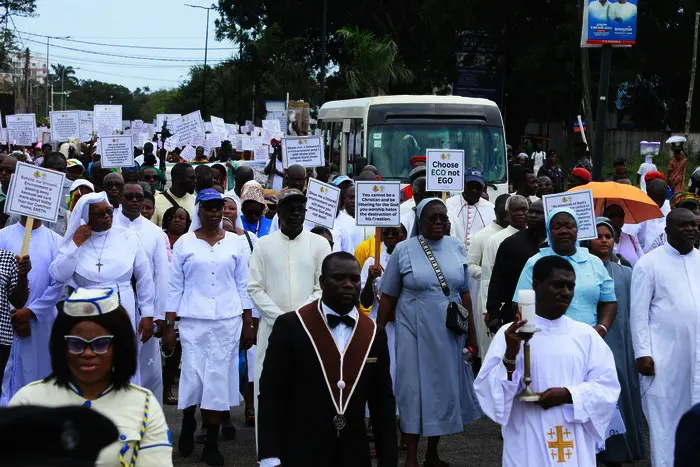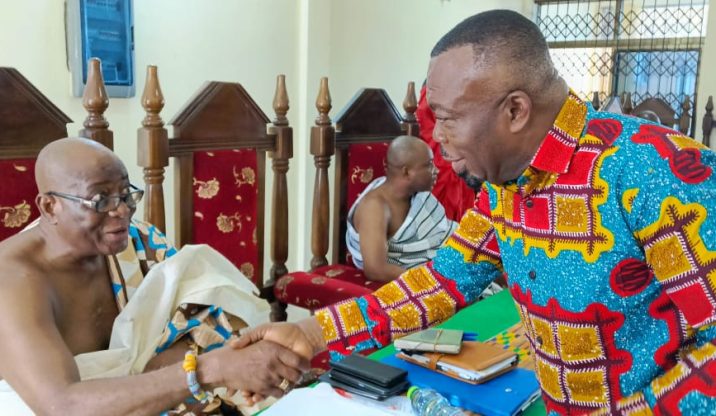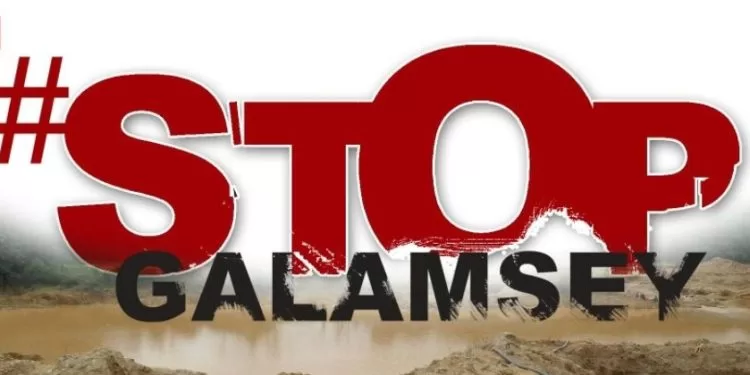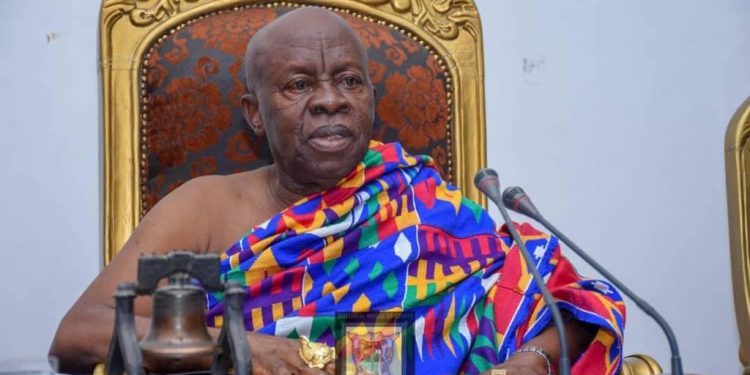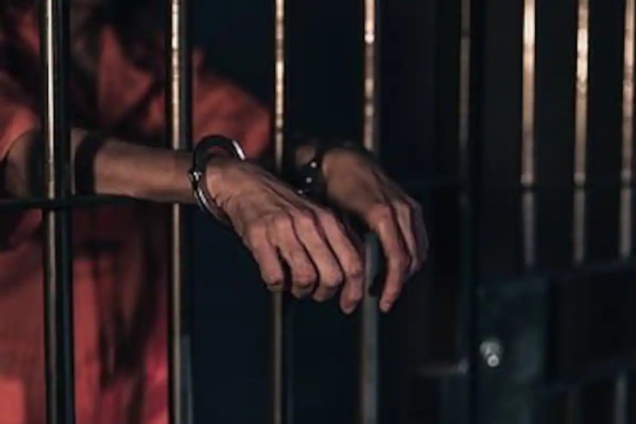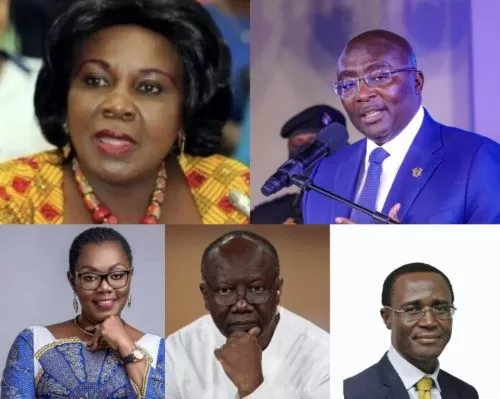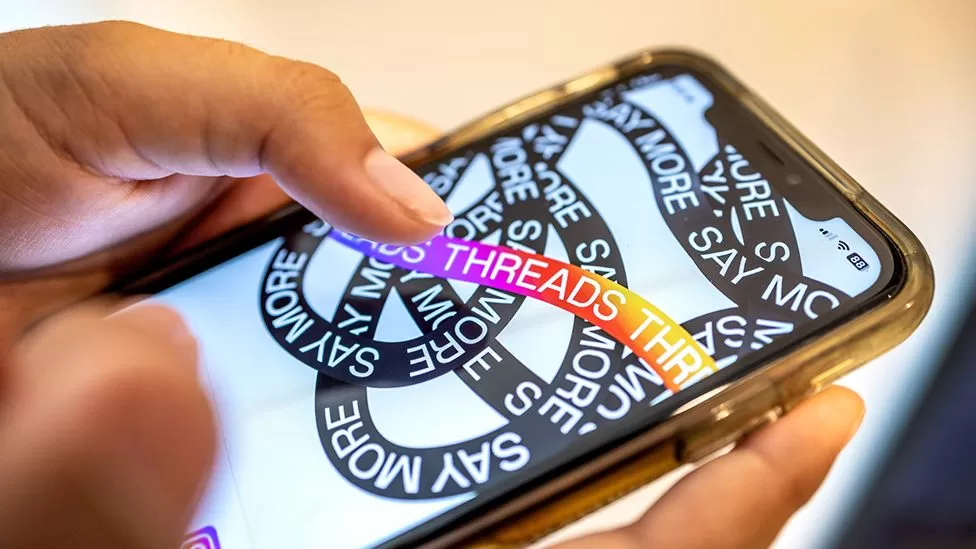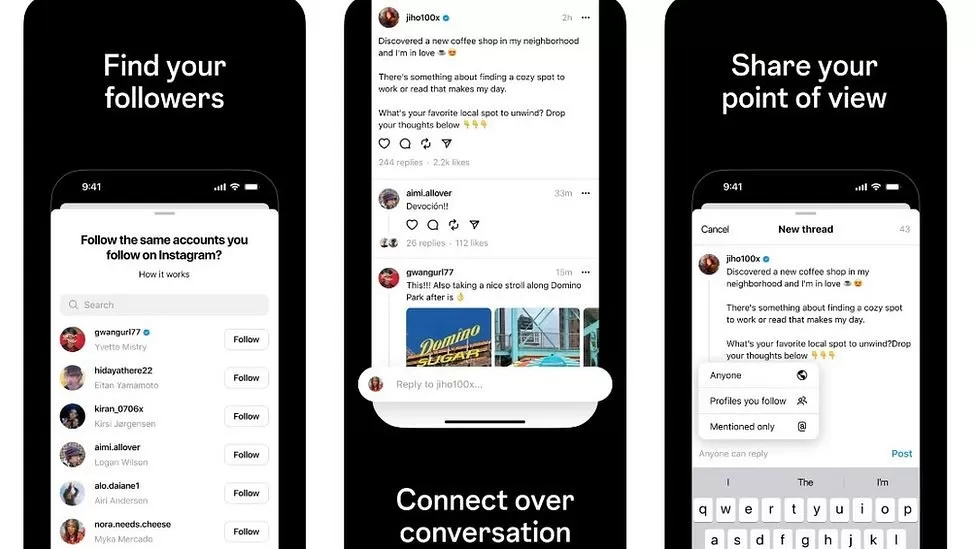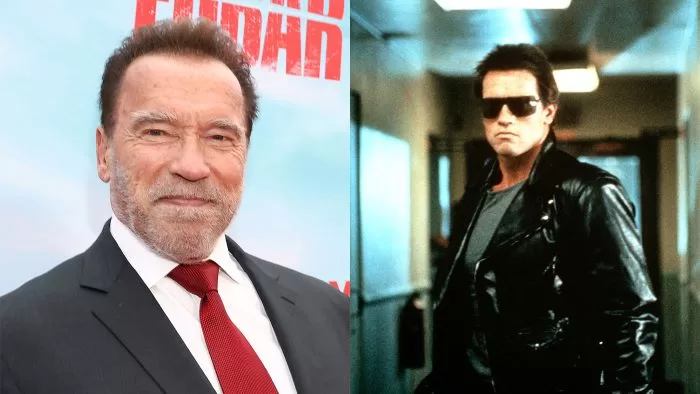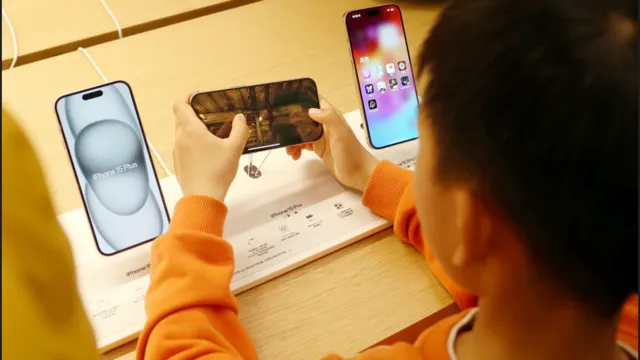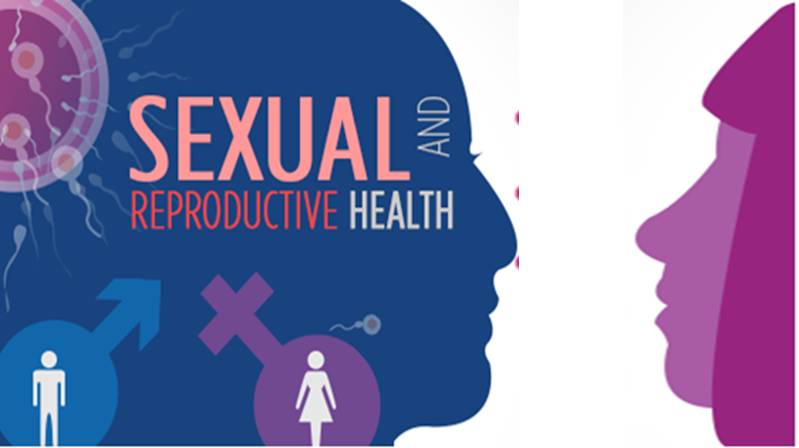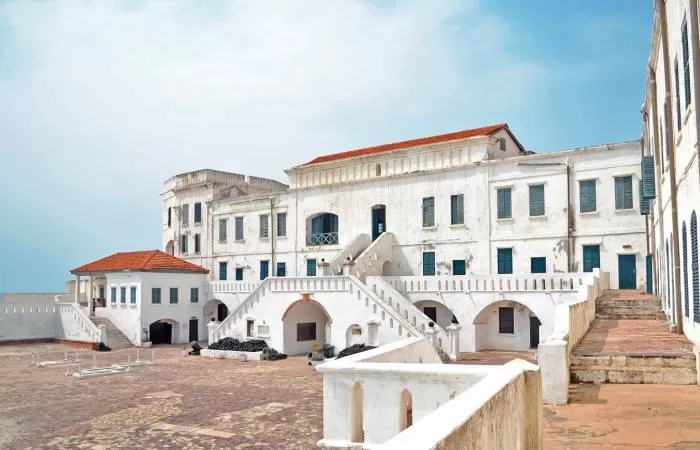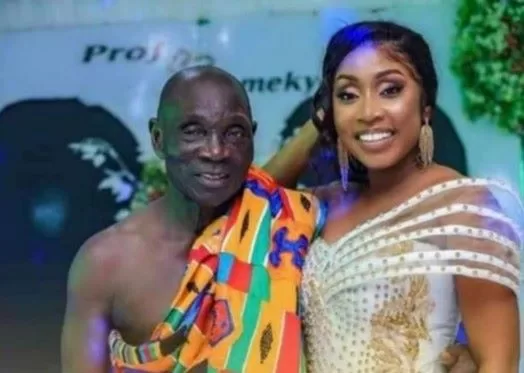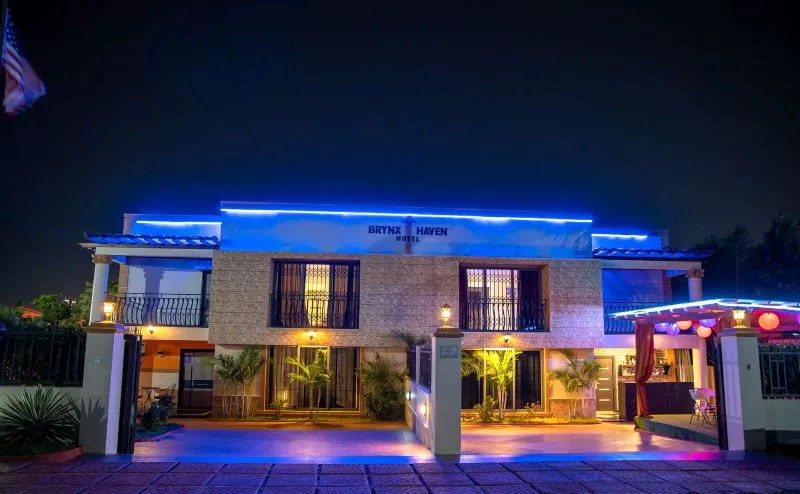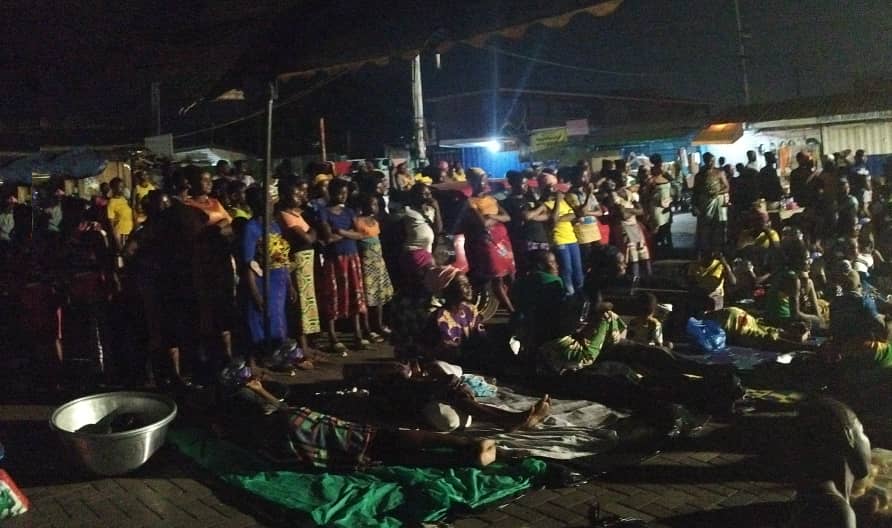Wednesday, 8th March 2023 marked another day for the celebration of the International Women’s Day (IWD) around the world. This day is marked with organizations that work within the Sustainable Development Goals (SDGs) to come together to look at the progress that has been achieved. The day, for many activists and advocates, serves as a platform to promote gender equality.
The day is meant to celebrate the social, economic, cultural, and political achievements of women while also raising awareness about the ongoing struggles that women face. This event is celebrated annually and has been observed since the early 1900s for equality. The theme for IWD for 2023 was to #EmbraceEquity. The United Nations officially recognized March 8th as International Women’s Day. The international women’s day has become a day where women’s rights are discussed and equity and parity being sought. HOPE FOR HER Foundation also marked this day with Kayayies in Accra.
As an organization, we dedicate an average of 70 hours of interaction every week in the kayayie community, interacting with them, collecting data as well as eliciting responses to various social issues affecting kayayies. This means that the girls are available to talk to us on evenings during the weekdays and on Sundays when there are no loads to carry. For the celebration of the IWD, we arranged a series of events for the month of March. A week before the celebration for the IWD, PROJECTHOPE, a project under the HOPEFORHER Foundation like all our monthly activities organized some volunteers on the 5th of march to have a focus group discussion on migration and sexual health with women from the Kayayie community, we were joined by our interns, 2 students from Passau University, Germany.
After conducting several social interventions for women, we discovered that a combination of education and entertainment, known as edutainment, proved to be a more effective means of engagement. This dialogue yielded various insights on the preparations for the International Women’s Day (IWD) celebration. As the IWD occurred on a weekday, our team agreed to reschedule the event to Sunday evening, allowing all women and girls to attend after completing their work on Saturday.
Saturdays in Accra central are observed as market days and it is one of the busiest days for the kayayie. The day of the film show came, and we screened a documentary on the life of Kayayies produced by the Aljazeera network. The film told the story of an underaged girl (aged 8 years at the time of the shooting) named Baamunu who had come to Accra to work as a Kayayie. In the documentary, the girl shares her displeasure for the work and how she didn’t want to stay in Accra but had to.
Throughout the documentary, you could feel the emotions of over 100 women who had gathered at Tema station to watch. The documentary explained that because she didn’t know how to count, she couldn’t keep up with her savings. When the child in the documentary was able to go back home (back to the Northern Region) to the welcome of many at home, her father appeared discontent and wanted her to return and slave away.
She was made to come back to Accra to continue to ply the trade as a Kayayie. These kinds of stories are not exclusive to Baamunu whose story was captured on video as a number of families depend on their children working.
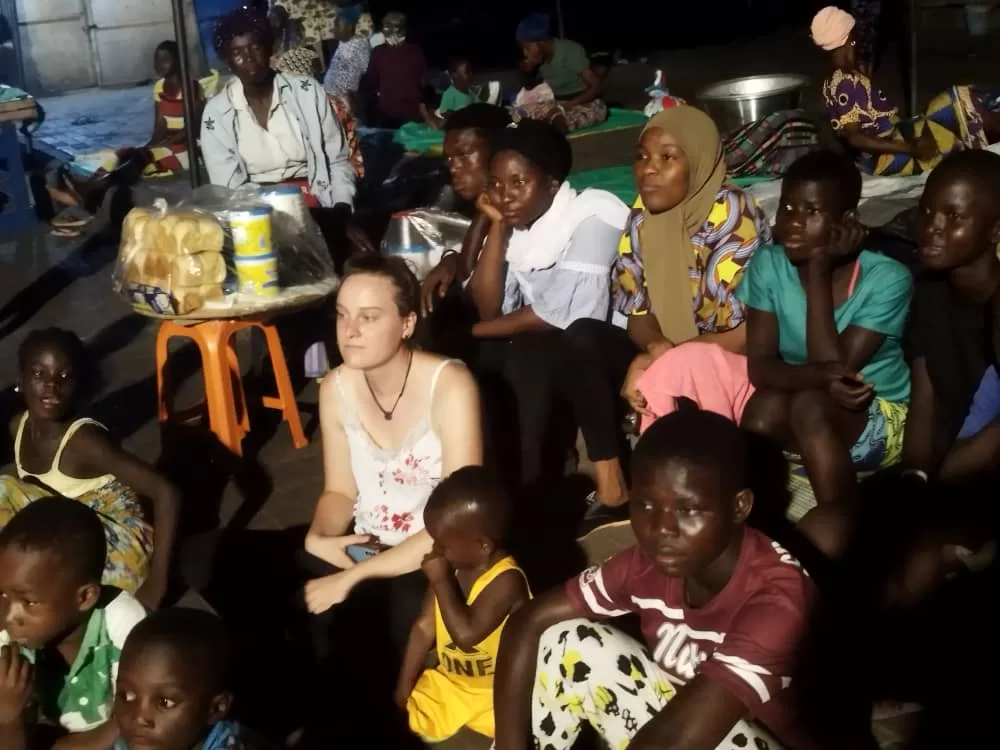
This was a selection of a single story by a documentary storyteller but the real canker is the number of children who come to Accra to make ends meet while their parents stay back home. Once the movie was over, we started a conversation with the women on the dangers they faced doing these internal migrations and how they sleep openly on the floor in Accra and other parts to be able to save money for themselves. Through the conversations we had with them that day, one of the women who agreed to talk into the microphone made it clear that there was no way she was going to allow her child to come and work as a Kayayie. As she put it “I don’t think I will let my child come to Accra for Kayayie as a mother who has been in this business for a while”.
She went further to add when asked how they protect the children who they work with that they are competing for the same goods the children carry and so they are treated purely as competitors. The emotions were simmering at this point. Our intern who was finishing her internship that night with us could not control her tears. Janina couldn’t believe that these women are living openly and the privileges she enjoys as a young woman was simply unavailable to them.
She was not only watching a movie at this stage, she was at close quarters with the subjects of the story. For those of us who were there that evening and have always been there doing our monthly outreaches with these girls, we kept asking one question: what is the government doing to stop rural urban migration? What laws protect children from being sent from their homes to come and make ends meet on their own in Accra? Which laws are protecting children to be children, and why isn’t the law biting deep on parents who send their under aged children to Accra to make money?
The Act of the parliament of the Republic of Ghana entitled ‘The Children’s Act, 1998’ defines a child as a person below the age of eighteen years. Section 2 of the same act dictates that the best interest of the child shall be paramount in any matter concerning the child.
Section 5 also states that the child has the right to grow up with parents and no person shall deny a child the right to live with his parents and family and the right to grow up in a caring and peaceful environment unless it is proved in court that living with their parents would:
(a) lead to significant harm to the child; or
(b) subject the child to serious abuse; or
(c) not be in the best interest of the child.
The section 6 of the same act speaks on parental duty and responsibility and no parent shall deprive a child welfare whether:
(a) the parents of the child are married or not at the time of the child’s birth; or
(b) the parents of the child continue to live together or not.
(2) Every child has the right to life, dignity, respect, leisure, liberty, health, education and shelter from his parents.
(3) Every parent has rights and responsibilities whether imposed by law or otherwise towards his child which include the duty to:
(a) protect the child from neglect, discrimination, violence, abuse, exposure to physical and moral hazards, and oppression.
(b) provide good guidance, care, assistance, and maintenance for the child and assurance of the child’s survival and development.
From the act of parliament above, it is clear to say that children under 18 years should not be seen in Accra carrying loads to make a living for themselves and their families at home, so the question remains, why is this happening?
Currently, people are living in Agbogbloshie, Mallam Atta, Accra central, and other areas which are market centers because these young people want to make money to send home to their families. The government is planning to build hostels for kayayies and this was announced by the President in his 2023 State of the Nation’s Address.
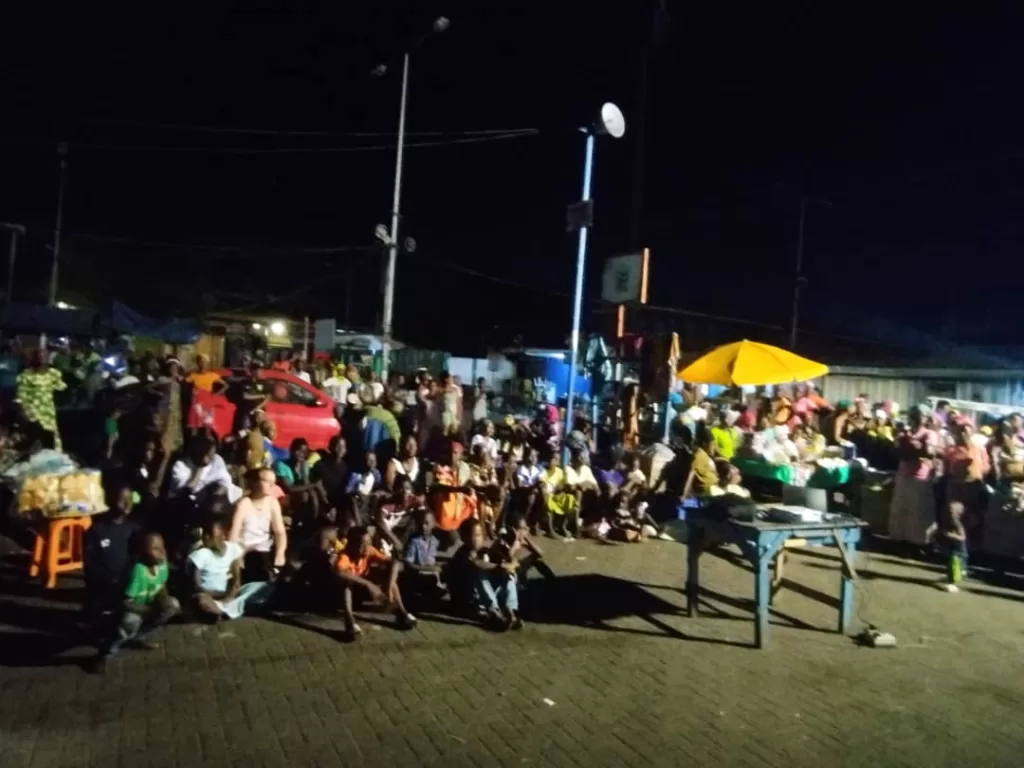
HOPE FOR HER Foundation is an organization based in Ghana born out of the urgent need to provide SMART solutions to pressing women’s problems such as education, economic empowerment, gender parity & health. We have adapted unique and progressive approaches with tested modules in addressing key problems facing women and children in Africa (Ghana).
We have made it a point to dig deep to reach the most remote and neglected communities in ensuring our impact is felt by all. Among these communities of women, we hold dear is the Kayayie community. Kayayie refers to an army of young women in Ghana’s major market centers who work as head potters carrying loads for traders. They are mostly from Northern Ghana.
The organization, initially established in 2012, attained legal recognition in 2018 after its registration with the Registrar General’s Department of Ghana. Dr. Yakubu Tobor Yusuf and Bilkis Nuhu Kokroko founded the organization. Prior to its formal registration, we engaged these women through various initiatives aimed at developing sustainable solutions. These included a World AIDS Day program in 2015, a skills training project in 2016, a health and awareness walk in 2017, and many other programs. In recognition of our efforts, we were featured in the UNICEF Photography Competition program from Kumasi in 2015.
We recognize that previous efforts have been made towards addressing the issue at hand, yet we approach it from a new perspective. Our aim is to understand why the problem persists despite the considerable financial investments made. Over the past six years, we have developed and refined modules that we believe can lead to a sustainable solution. However, we acknowledge that we cannot achieve this goal alone as a single entity. Therefore, we seek the support of other Civil Society Organizations (CSOs) with the necessary resources and capabilities to help us implement the modules we have painstakingly developed.
UNICEF indicates that there are no reliable figures on the number of children affected by child labour in its worse forms like the sale of children, child prostitution and trafficking. Although UNICEF agrees on the unavailability of data, it says the majority of the children facing trafficking are mostly girls.
Child labour is a significant problem in Ghana, affecting almost two million children, according to UNICEF and it blames this on poor enforcement of laws. on child labour.
For me as a young woman, I believe strongly that although society believes it is doing its best to curb the menace of child labour and the Kayayie situation, enough hasn’t been done. Most of these women who come from northern Ghana to stay in urban centres tell stories of how difficult it is to survive there.
Members of Parliament in these areas should be able to propose and follow up on implementation of laws that seek to protect the women and children in their constituencies for the betterment of the future generations. We should remember the issue of Kayayie’s didn’t start today and if radical measures are not put in place, a lot more younger women will continue to come to the urban areas in search of greener pastures, while children like Baamunu lose out on an education although the Free Compulsory Universal Basic Education (FCUBE) is still in effect.
Children’s rights and women’s rights are human rights and as we work to achieve Sustainable Development Goals (SDGs), we should remember that, despite our efforts, a lot of women and children are migrating to urban centers in search of greener pastures through no fault of theirs. Our efforts as developmental agents should be towards seeking lasting solutions for these women and children. As we choose a day to celebrate women, let us make sure we work towards making the lives of women and children easier through our individual and collective efforts.
The writer is a development advocate, a women’s right advocate, an activist, a feminist, a co-founder of HOPEFORHER Foundation, founder of Muslimah Mentorship Network, and a member of the Institute of Public Relations. You can reach her via bilkisnkokroko@gmail.com.



